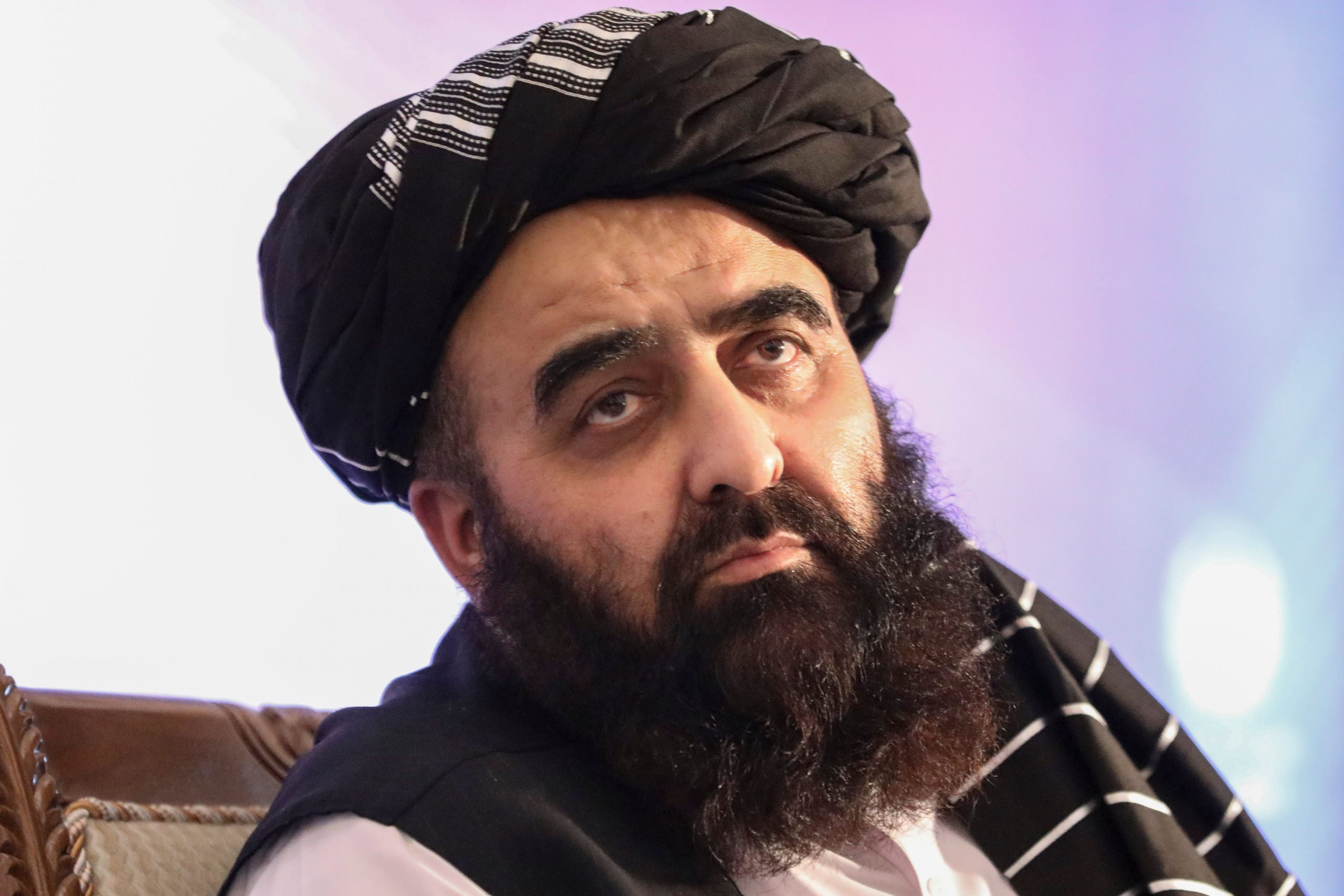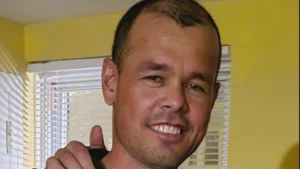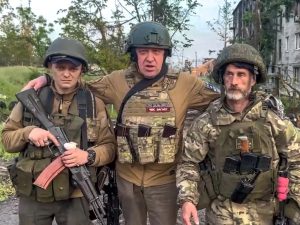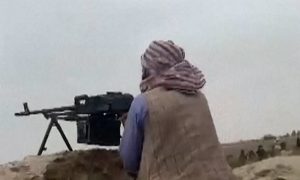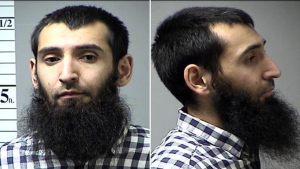An EU statement issued late Sunday stated that the Taliban requested for assistance in keeping Afghanistan’s airports operational during weekend talks with EU officials, who also expressed “grave concern” about the humanitarian situation in their country.
Both sides sent senior officials to the Qatari capital of Doha for the talks, which took place just days before the start of two weeks of talks between the US and the Taliban, also in Doha.
Also Read | Famed green-eyed Afghan girl from cover portrait is evacuated to Italy
In a statement, the EU’s European External Action Service (EEAS) asserted that “the dialogue does not imply recognition by the EU of the interim (Taliban) government, but is part EU’s operational engagement, in the interest of the EU and the Afghan people”.
Interim foreign minister Amir Khan Mutaqqi led the Taliban delegation and included interim ministers of education and health, the acting governor of the central bank, and officials from the foreign, finance, and interior ministries, as well as the intelligence directorate.
Also Read | Afghan banking system on brink of ‘colossal’ collapse, UN warns
The EU delegation was led by Tomas Niklasson, the EU’s special envoy for Afghanistan, and included representatives from the EEAS and the European Commission’s service in charge of humanitarian aid, international partnerships, and migration.
According to the EU statement, the Taliban vowed to keep its promise of “amnesty” for Afghans who had worked against it during the two decades of Western-oriented rule that ended with the US and its allies’ rushed exit and evacuation in August.
The Taliban also reaffirmed its commitment to allowing Afghans and foreigners to depart if they so desire, but “requested assistance for maintaining airport operations” so that this could happen.
Also Read | Everything is finished: Middle-class Afghans slide into poverty, hunger
“The two sides expressed grave concern about the worsening humanitarian situation in Afghanistan as winter is arriving,” the statement said, adding that the EU would continue supplying humanitarian aid.
The EU side pushed the Taliban to form an “inclusive government”, nurture democracy, make sure girls have equal access to education, and keep Afghanistan from serving as a base for any group “that threatens the security of others”.
It also suggested that if the Taliban met EU criteria, extra funding could be made available to Afghanistan’s cash-strapped new rulers, but only “for the direct benefit of the Afghan people”.
According to the statement, the Taliban reiterated their commitment to upholding human rights “in line with Islamic principles” and welcoming back diplomatic missions that had been closed.

